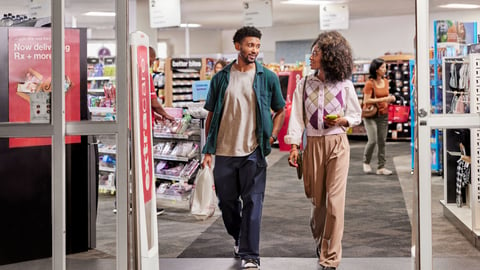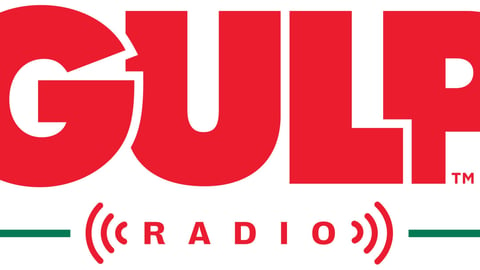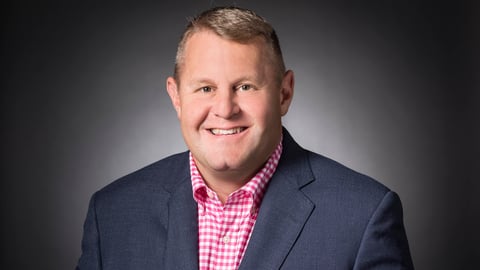Store and retail center cleanups doubled in July
One would assume that Alaska, huge as it is, with not so many people and all that white snow, would be one of the cleanest places in the land. But one would apparently be wrong.
After the coronavirus hit, retailers, restaurants, and grocery chain across the United States increased their janitorial efforts by 95%, according to an accounting ServiceChannel did of work orders placed through its online placements. In Alaska, however, cleanups surged by 398%.
“I have no explanation for Alaska. We only have data for the locations we serve in that state, and I’m guessing it’s a lower number than what we have in California and New York,” said ServiceChannel CEO Tom Buiocchi.
Buiocchi has greater confidence in ServiceChannel’s finding that retail stores, malls, and shopping centers nationwide did twice as much cleaning in July 2020 than they did in July 2019.
New York and New Jersey--states whose governors reacted quickly and aggressively to combat the spread of COVID-19--saw janitorial work orders increase by 129% and 150%, respectively. The clean machine chugged much slower, however, in California (32%), Arizona (51%), and Texas (64%), where positive coronavirus tests continued to spike in the summer.
Work orders for janitorial services and HVAC filter cleanings and changeouts have far outpaced orders for electrical and plumbing services on ServiceChannel, Buiocchi said.
“There are three big things going on,” he said, “the first being that janitorial services have been expanded. Before, the janitors were cleaners. Now they’ve been sent back to school to become sanitizers. They used to just move the germs around. Now they are disinfectors.”
The second trend afoot in shopping centers is having crews at work during normal business hours so that shoppers can see they’re working round the clock. Thirdly, more retailers and center owners are demanding that their work crews comply with new and upgraded sanitation standards.
“Setting cleanliness standards and awarding grades started in the food and beverage industry, and now it’s spread,” Buiocchi said. “If you’re a CEO in retail today, you’re not going to take a chance and skimp on that.”





